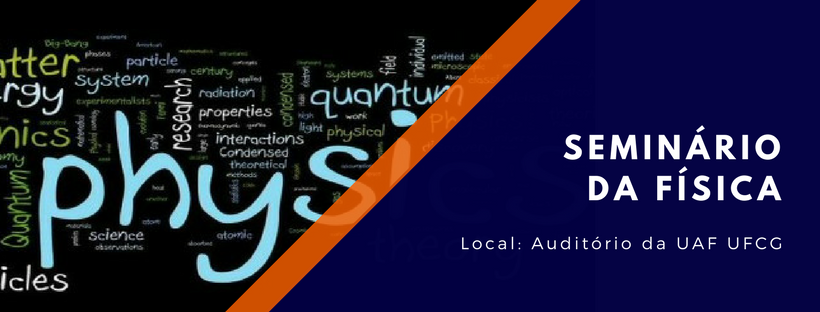Seminário ONLINE 07 de outubro de 2025

Título: Derivation of GNSS-Based Ionospheric Indices Using the OASIS Python Toolbox
Palestrante: Dr. Giorgio Picanço, Space Science Laboratory, University of Massachusetts Lowell-USA
http://lattes.cnpq.br/3865836007446677
Resumo: Global Navigation Satellite Systems (GNSS) play an important role as a primary data source for deriving several ionospheric parameters, including the Total Electron Content (TEC), which quantifies plasma density in terms of free electrons along the satellite–receiver path. During space weather events, GNSS data contribute significantly to understanding ionospheric variability through the analysis of TEC-derived indices such as the Disturbance Ionosphere indeX (DIX), the Rate of Change of TEC Index (ROTI), and the detrended TEC variation (ΔTEC). However, calculating these indices is not always feasible due to challenges in reproducing methodologies for TEC derivation and the limited availability of standardized software tools. Often, these methodologies are complex and not readily accessible, making it difficult for researchers to consistently derive and utilize TEC-based indices. In this work, we introduce the Open-Access System for Ionospheric Studies (OASIS): a modular Python toolbox developed entirely with open-source resources to preprocess GNSS data and generate parameters such as ROTI, ΔTEC, and SIDX. OASIS is capable of detecting and correcting large-, medium-, and small-amplitude cycle slips, as well as identifying and removing phase and pseudorange outliers. The leveled combinations are used to derive multi-frequency and multi-constellation TEC-based indices (GPS and GLONASS) from 15- and 30-second RINEX files in a fully documented and reproducible workflow. To evaluate OASIS outputs, an analysis of recent geomagnetic storms is presented, examining the occurrence of equatorial plasma bubbles and ionospheric disturbances associated with prompt penetration electric fields. The results show that OASIS efficiently handles multi-frequency, multi-constellation GNSS data and provides physically consistent outputs. These findings highlight the potential of OASIS as a user-friendly, standardized, and freely accessible tool for studying local, regional, and global ionospheric responses to space weather events.
O seminário será realizado via Zoom.
Inscrições através do link
https://us06web.zoom.us/j/84491785004?pwd=LnbvTEuff8YyAXbDeIQsztqGnOvRmL.1
Os alunos presentes poderão requerer certificados de participação.
Acesse e se inscreva no nosso canal do YouTube: Canal PPGF UFCG
Mais informações pelo e-mail: This email address is being protected from spambots. You need JavaScript enabled to view it..ed

Redes Sociais